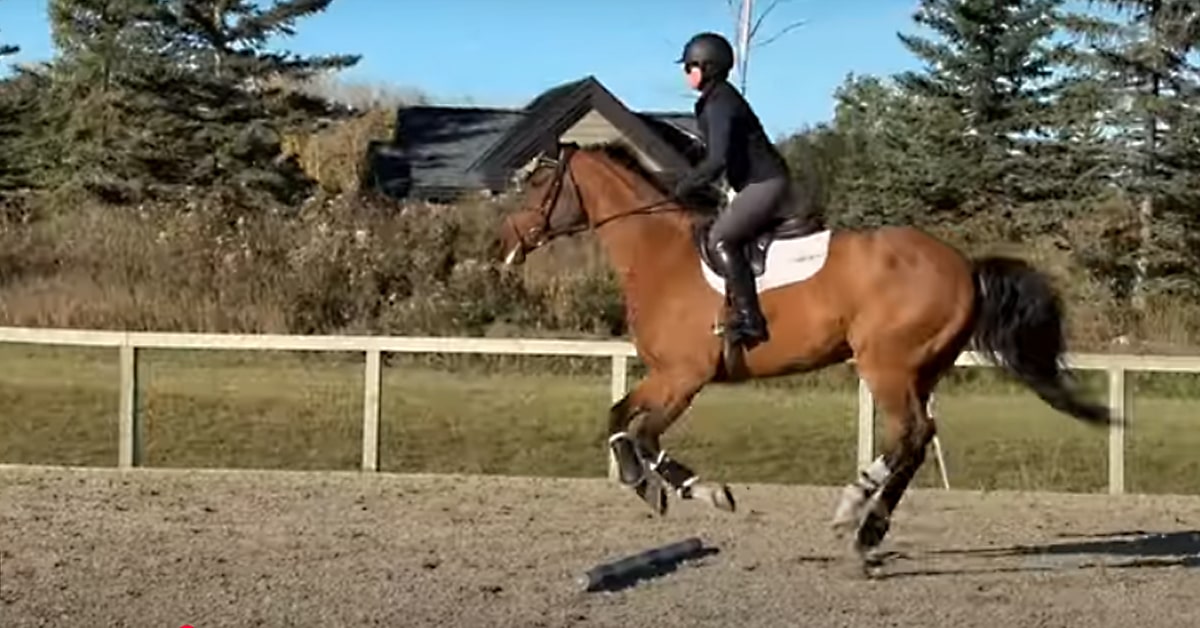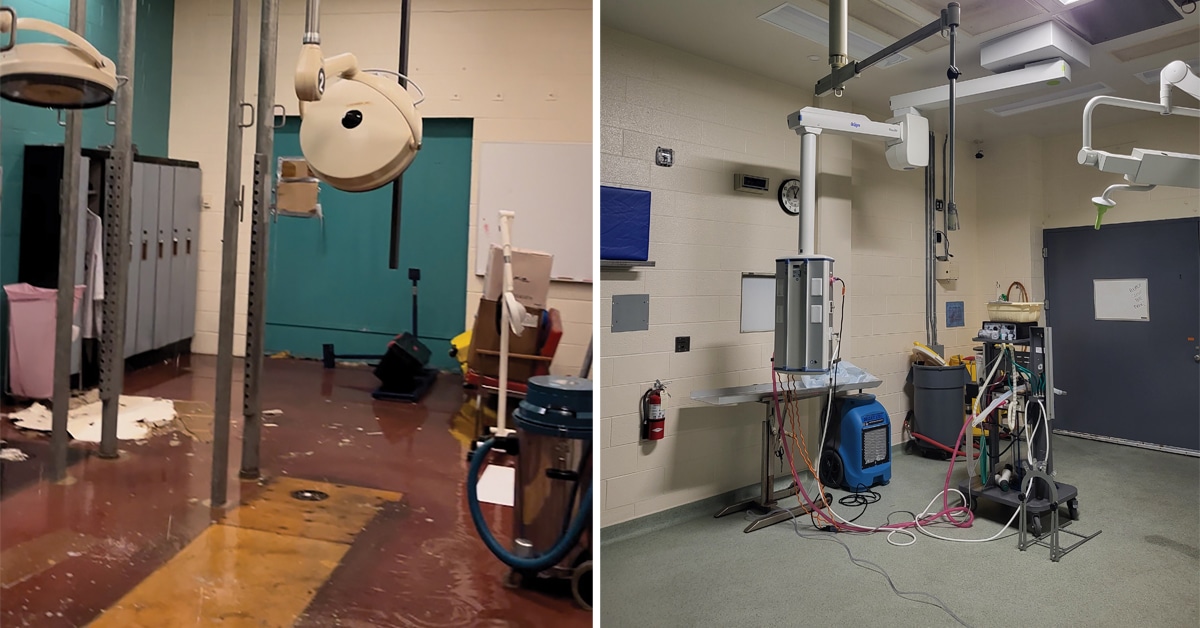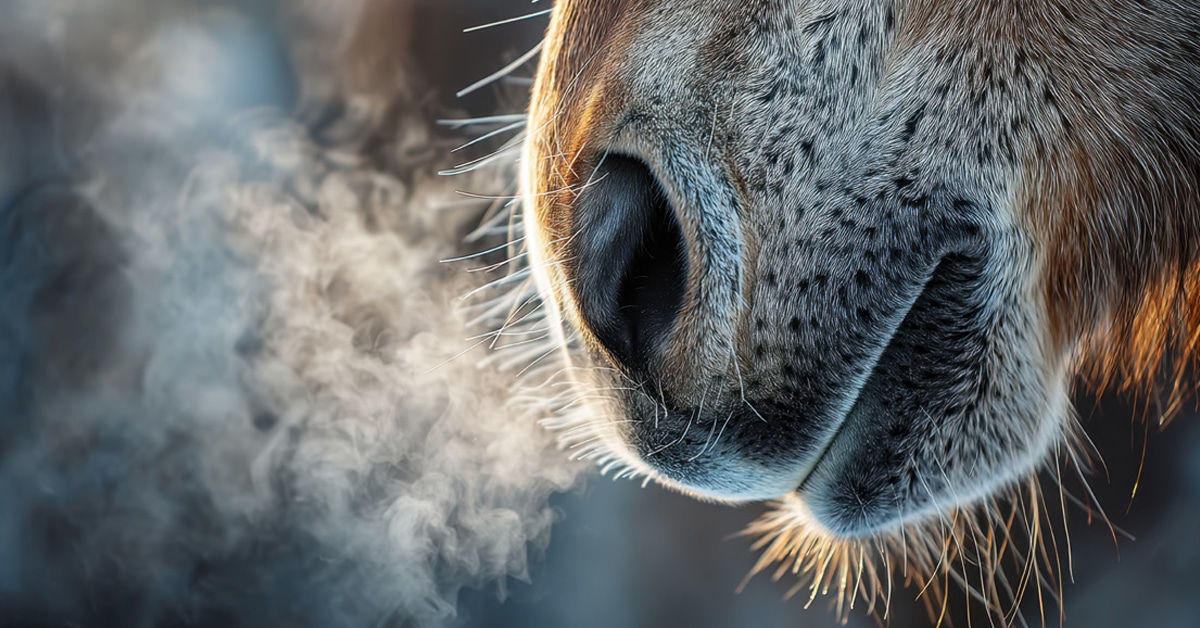Raised in Switzerland, Beda Wachter was riding and competing in Europe at an early age. His professional focus was initially the family’s livestock and dairy business, and in 1997 Beda and his parents, Kurt and Irene, relocated to Canada to open a large dairy operation in Innisfail, AB. Beda’s heart remained with the horses, however, and in 1999, with the support of his family, his focus shifted to pursue his career ambitions. Along with his parents, Jenny Wachter and their teenage children Nadine and Robin, Beda now runs Wachter Horses, a boarding, training, breeding and sales operation with strong ties to the European markets and traditional management practices in the development of his horses.
How did Beda Wachter get involved with horses?
My involvement in horses started, I think, as a lot of young boys start in the sport: I noticed the cute girls were all at the horse shows and that’s where I wanted to be as well! My first horse was an Irish gelding named King Cobra. He was supposed to be a great jumper, but I never made it past jump six in a course; he taught me a lot about tenacity and horsemanship, as I had to be smarter than him in most situations.
Wachter Horses is truly a family business. What role does each member play?
My parents, Kurt and Irene, have been instrumental in building the foundation of the business; they are often involved in maintaining the farm and also oversee the office duties. Jenny has always done an exceptional job of the daily office work and managing the breeding program. She often manages the whole business when I need to be on the road. My brother, Ivo, is a constant support and reliance; he is always able to step in to assist or take over with anything I may need help with. Nadine, my daughter, is a talented up-and-coming rider who constantly gives me a run for the money in the show ring. My son, Robin, keeps it all very level with his sense of humour and his support of the sport and business. With the help of my family, we were able to build a well-respected name in the industry with breeding, training and selling quality on a consistent basis, and we continue to do so.
What are some of the differences between the European and North American approaches to developing jumpers?
It has been my experience that it is more cost-effective to raise and start the careers of young horses in Europe. There seems to be more availability and ease to introduce horses to the world of show jumping and it appears to be more attainable for young riders to start and continue in the sport. I find that there are more traditions of horsemanship used in Europe, but the care of the horses is still excellent in North America.
Do you have a mentor, and what is the most important thing they have taught you?
One of the biggest influences for me with riding and business has been my dad, Kurt Wachter. He has shown and instilled in me tremendous work ethic, foresight and the confidence that all things can be done. Another large influence has been the Boeckmann family, specifically Klaus and Karen. Their drive and knowledge in the business world is tremendous, and how they took me under their wings and opened huge opportunities for me in the horse world will never be forgotten. I’ve learned from them in my riding and business to always be willing to show someone the way up. There have been many others – Ulrich Kirchhoff, Paul Schockemöhle, Josef Elbers, and Lesley McNaught-Mändli – to name a few.
Which horse has had the greatest impact on Beda Wachter?
There are so many that fall into this category, all for different reasons. Every horse at every level has given me great memories. If I had to name two, the first would be Cascarina, whom I raised from a three-year-old and rode in my first World Cup class. She later went on to be a terrific horse for my daughter Nadine and continues to be a successful, sound broodmare in my breeding program. Second would be my stallion, WH Carthago. We bought him as a foal and have had huge success with him in both the breeding and the performance aspects of the sport. Having him place in World Cup classes and in the International ring at Spruce Meadows, as well as producing top offspring, has made me ambitious to create it all again.
What are your biggest hurdles related to training and showing?
One of the most difficult challenges is having enough time to focus on the horses and competition. Owning and operating a 700+ acre farm and running close to 100 horses is labour-intensive and constantly challenging. The show horses are such an exciting and important part of my life, but the farm, breeding, and buying and selling of horses are very important parts of the business as well.
One thing I find very challenging is the way horse shows are scheduled; with the related (travel and show) expenses it becomes extremely difficult to develop young horses in a cost-effective way. The development of horses and riders is so expensive; many rider athletes have the talent and the work ethic, but are restricted by costs alone.
What do you consider your biggest accomplishment?
Being able to breed, develop and show my own horses all the way to the grand prix level is a big one. I really believe that my business is a bit of a rarity in Alberta. The key is to be able to have balance within the competing, training and breeding. I devote my energies evenly, because without one, the others don’t work as well. My goal is for Wachter Horses to be recognized as a top producer of all levels for the showjumping world, the breeding to be of top European quality, the training to produce athletes to their full potential, and to be competitive in any arena that I may step into.
The Latest









